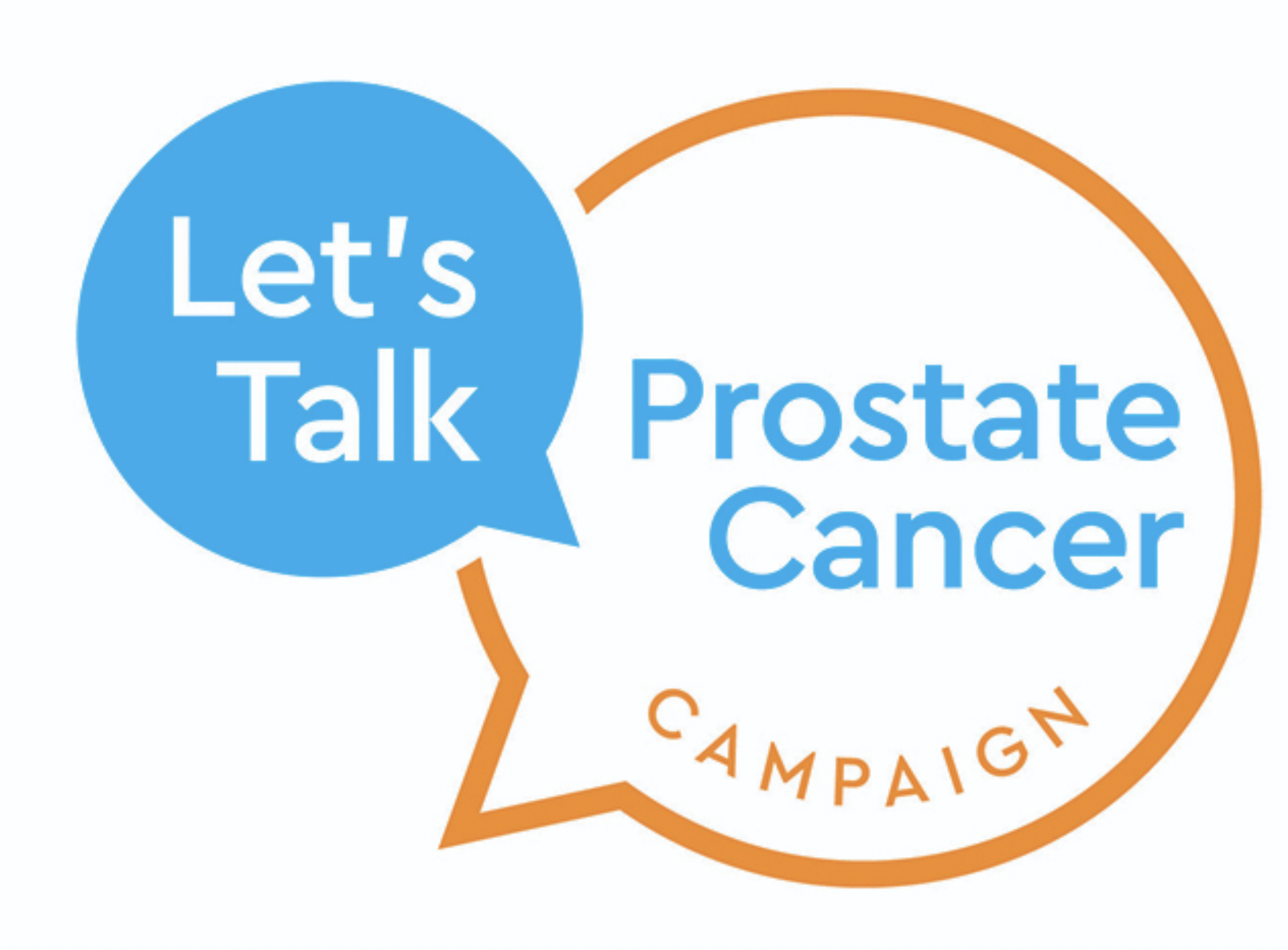Improving men's health standards in Europe: a vital need for action (Guest blog)
As #Movember kicks off, we turn to two experts from the Let’s Talk Prostate Cancer (LTPC) Expert Group to shed light on the state of men's health in Europe.

As #Movember kicks off, we turn to two experts from the Let’s Talk Prostate Cancer (LTPC) Expert Group, Jacqueline Daly, co-founder of the East Galway and Midlands Cancer Support Centre, and Phil Reynolds, Consultant Therapeutic Radiographer in Prostate Radiotherapy at Clatterbridge Cancer Centre NHS Foundation Trust, to shed light on the state of men's health in Europe.
Men often find it difficult to seek help or openly discuss their health concerns. Shockingly, a recent survey in Denmark reveals that only one in five men aged 25 to 39 feels comfortable discussing their emotions and health issues with their General Practitioners.[1] This reluctance is typically linked to male-specific societal taboos and stigmas, which are frequently ignored when designing treatments. This oversight is concerning, considering that men face a disproportionate burden of diseases that are both preventable and treatable, especially when detected early. For example, prostate cancer can see significantly improved outcomes with early diagnosis and complementary therapies like counseling and physiotherapy.[2],[3] Yet, European health policies have not fully embraced a gender-specific approach.
In 2011, the European Commission contributed to the men's health conversation with a report entitled "The State of Men's Health in Europe”, highlighting that male susceptibility to particular conditions is influenced by biological factors, lifestyle choices, and social determinants of health.[4] Regrettably, however, this report did not spur the development of comprehensive, male-specific health policies or targeted initiatives. In the decade that has followed, no additional work has been published in the area of men’s health.
Thankfully, there are bright spots in Europe that can serve as best practices to address gender-specific challenges at the EU level. Ireland, in particular, has made remarkable progress in focusing on men's health. First, in 2008, they established the National Men's Health Policy and Action Plan (NMHPAP) in recognition of the urgency to address men's health due to their higher disease burden, mortality rates, and suicide rates.[5] Since then, the Irish NMHPAP has made considerable steps forward in research and evaluation in this area, thereby significantly enriching the evidence base for men's health. The launch of effective health training initiatives that support healthcare professionals to design and deliver health-related programmes, taking into consideration the profound impact of male-specific behaviours and attitude on their access to healthcare services, have also moved the needle in this area
Improving men's health standards in Europe is not only possible but essential. It benefits not just men but also their families and society at large. That's why, alongside our fellow members in the Let’s Talk Prostate Cancer's Expert Group, we're releasing a comprehensive White Paper on Men's Health. This document delves into the ongoing challenges faced by men in Europe and suggests concrete measures to address them. We hope this initiative will serve as an inspiration for policymakers, healthcare providers, and other stakeholders to actively work toward progress in this often-overlooked area of healthcare.
The activities of the Let’s Talk Prostate Cancer Expert Group are funded by Astellas Pharma Inc., Amgen Inc. and Pfizer Inc., which collectively contribute to and support the goals and objectives of the Expert Group.
[1] Forum for Mænds Sundhed. 2023. Udsatte mænd og lægen: MÆNDENE MED STØRST BEHOV FOR LÆGEHJÆLP HAR DEN DÅRLIGSTE OPLEVELSE AF MØDET MED LÆGEN! Available at: https://sundmand.dk/site/wp-content/uploads/2023/05/Udsatte-maend-og-laegen-24.-april-2023.pdf Last accessed October 2023.
[2] Science Advice for Policy by European Academies (Sapea). 2022. Improving cancer screening in the European Union. Available at: https://sapea.info/wp-content/uploads/cancer-screening-report.pdf Last accessed October 2023.
[3] McCaughan, E. 2020. Development of a conceptual framework to improve sexual wellbeing communication in routine prostate cancer care. 2020. Available at: https://www.sciencedirect.com/science/
article/abs/pii/S0738399120300410. Last accessed October 2023.
[4] Directorate-General for Health and Consumers. 2011. The State of Men’s Health in Europe, European Commission. Available at https://data.europa.eu/doi/10.2772/60721 Last accessed October 2023
[5] Minister for Health and Children. 2008. National Men’s Health Policy 2008 – 2013. Available at: https://www.mhfi.org/menshealthpolicy.pdf Last accessed October 2023.



